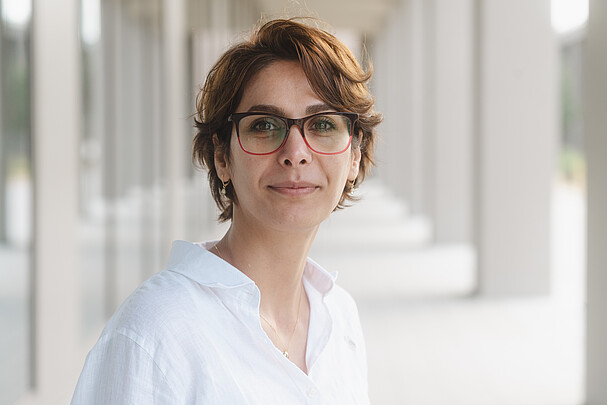Projects
GOLO-NFDI4Ing - The GOLO project marks an innovative approach to handling field and research data that pushes the boundaries of traditional Product Data Management (PDM) and Product Lifecycle Management (PLM) systems. By introducing the concept of the digital twin, it provides an innovative method of capturing, managing and utilising real-world data in a digital format. This concept enables a comprehensive representation of technical systems and their operating conditions, which significantly improves not only research, but also the development and optimisation of these systems.
Our approach is to develop digital twins as central components for research data management. These digital twins are conceived as comprehensive digital representations of physical systems that contain both current information about their physical object and a history of their states and performance under different operating conditions. By implementing these digital twins in our research infrastructure, we can systematically store, process and reuse research data.
The development and implementation of the digital twin concept is iterative and tailored to the specific requirements of our research areas. Particular attention is being paid to the creation of a digital master and a digital shadow. The digital master is used to interpret and process the research data and contains methods for collecting and analysing data. The digital shadow, on the other hand, stores the research data and the information obtained from its processing and represents a specific instance of a physical system.
An essential part of our project is to develop generalised methods for the collection and analysis of field and research data, to establish standards for these methods and to implement effective concepts for storing, archiving and accessing the data. In doing so, we are guided by the FAIR data principles in order to ensure the interoperability and reusability of the data.
Expertise
- Development of digital twins as a central element of research data management to enable dynamic mapping of physical systems in the digital world.
- Utilisation of the digital twin as a methodological framework that supports not only data storage and archiving, but also data analysis and reuse.
- Promoting the interoperability and reusability of research data in accordance with the FAIR principles by standardising information transfer and data analysis methods.
- Development and application of data ontologies to standardise data collection, storage and sharing.
Equipment
- VW Passat: Equipped for specific tests and data acquisition.
- LiDAR systems: For detailed environment detection and object recognition.
- Cameras: High-resolution image recording for visual data analysis.
- IMUs (Inertial Measurement Units): Recording of movement data and orientation.
- GPS and GNSS devices: Precise positioning and route tracking.






